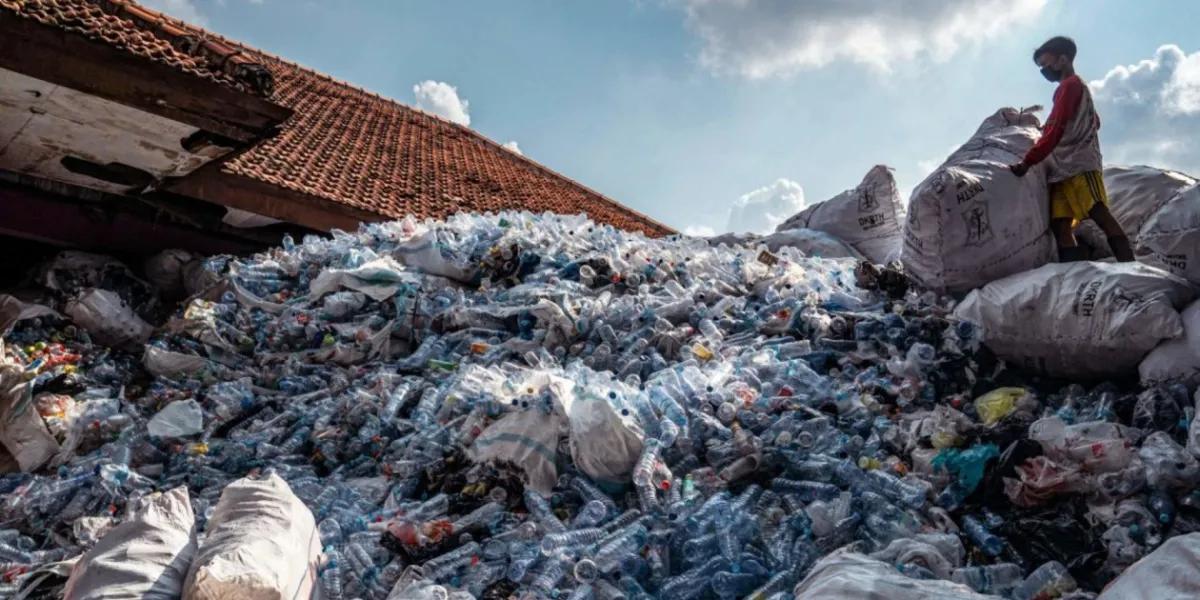Plastics Are A Planetary Health Crisis – Can You Do Anything About It?
Finally, last week, global leaders decided to take collective action on plastics waste. A resolution, agreed at the United Nations Environment Assembly held in Nairobi (from Feb 28 to March 2, 2022), calls for a plastics treaty to be negotiated over the next two years.
Plastics are a planetary health crisis. Seven billion of the estimated 9.2 billion tonnes of plastics produced between 1950 and 2017 are now waste. About 75% of that waste is either deposited in landfills or accumulating on land and in the sea.
There’s a gigantic island of trash in the middle of the Pacific Ocean, measuring 1.5 million square kilometres and weighing in at 80,000 tonnes. That’s an area four times the size of Malaysia. It holds over 1.8 trillion plastic waste pieces.
And yet, despite this horrific and freely available data and information we remain utterly hooked on plastics. Our groceries are wrapped in them and then unthinkingly put into a plastic bag when we buy them. Our online orders come packed in huge quantities of bubble wrap and tape. Our household appliances, cars, computers, furniture, clothes, coffee cups, “paper” plates and eating utensils are made of it.
In some ways, because of its versatility, it is the most amazing invention. The fact that it is all around us is a testament to its success. But not only is it around us, it is also inside us, through what we eat, through the toxic plastic fume-laden air that many of us breathe, and through the microplastics floating in our rivers and oceans.
The government has put forward the Malaysia Plastics Sustainability Roadmap – and this is no quick policy paper but rather a multistakeholder effort involving government, NGOs, academia, business associations, financial institutions, and the private sector, including producers of plastics.
The roadmap does not suggest trying to remove plastics from our lives but rather to manage them more consciously. This aligns with the 12th Malaysia Plan (2021-2025) and its focus on developing a circular economy – one where we throw less away and consider how we can better use and reuse our resources sustainably.
This article was published in The Star Online. Read it here.




